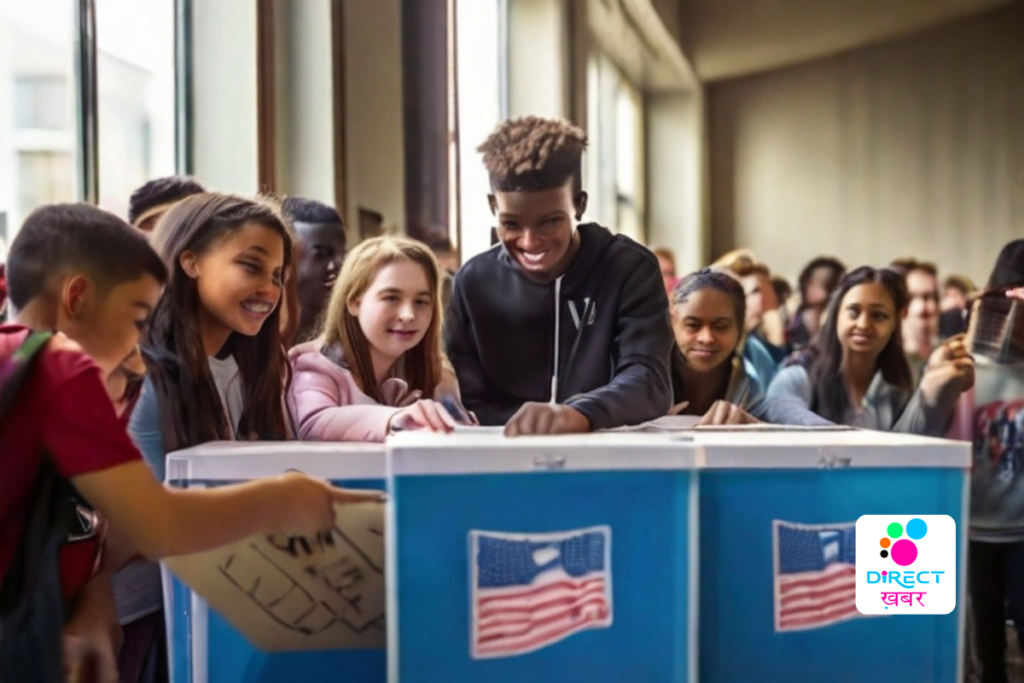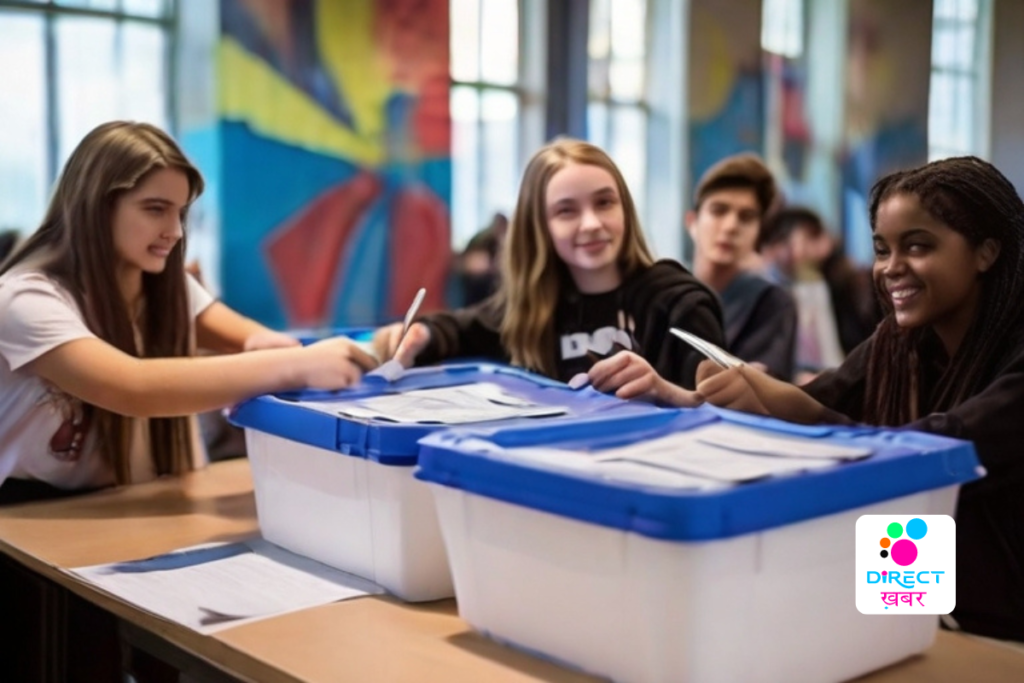The Power of Youth Votes: Shaping Future Elections
In recent years, there has been a growing recognition of the significant impact that youth voters can have on shaping the outcomes of elections around the world. With their energy, enthusiasm, and fresh perspectives, young voters possess the power to influence political agendas, drive policy changes, and shape the future trajectory of societies. This essay explores the importance of youth votes in modern democracies, the barriers they face in exercising their electoral rights, and strategies to harness their potential in shaping future elections.

The Importance of Youth Votes:
Youth votes constitute a crucial segment of the electorate in many countries, representing the voices of the next generation of leaders and decision-makers. Despite often being underestimated or overlooked, young voters have the power to sway electoral outcomes, particularly in close races where their collective impact can be decisive. Moreover, their voting patterns and priorities can signal emerging trends and shifts in public opinion, making them a vital demographic for politicians and policymakers to engage with.
Barriers to Youth Participation:
Despite their potential influence, youth voters often encounter various barriers that hinder their participation in the electoral process. These barriers may include voter apathy or disillusionment with the political system, lack of awareness about the importance of voting, logistical challenges such as difficulty in registering to vote or accessing polling stations, and systemic obstacles such as restrictive voting laws or gerrymandered districts. Additionally, young people from marginalized communities or disadvantaged backgrounds may face additional barriers related to socioeconomic factors, education levels, or systemic discrimination.
Strategies for Empowering Youth Votes:
To overcome these barriers and harness the power of youth votes, it is essential to implement targeted strategies aimed at engaging, informing, and mobilizing young voters. These strategies may include:
Civic Education and Voter Outreach: Providing comprehensive civic education programs in schools and communities to teach young people about the importance of voting, their rights as citizens, and the mechanics of the electoral process. Voter outreach efforts should utilize diverse channels such as social media, grassroots organizing, and community events to reach young voters where they are.

Voter Registration Drives: Launching voter registration drives targeted at young people to ensure that they are registered and eligible to vote well in advance of elections. These drives should make use of technology and online platforms to streamline the registration process and remove administrative barriers.
Youth-Focused Campaigns and Messaging: Developing political campaigns and messaging that resonate with the values, concerns, and priorities of young voters. Politicians and political parties should actively listen to the voices of young people, address issues that matter to them, and demonstrate a genuine commitment to representing their interests.
Empowering Youth Leadership: Encouraging and supporting young people to become actively involved in politics and civic engagement as leaders, organizers, and advocates. This may involve providing leadership training, mentorship opportunities, and platforms for youth-led initiatives to address social and political issues in their communities.
Addressing Systemic Barriers: Advocating for policy reforms and legislative changes to address systemic barriers that disproportionately affect youth participation in the electoral process. This may include measures such as automatic voter registration, expanding early voting options, and combating voter suppression tactics.
Case Studies and Success Stories:
To illustrate the impact of youth votes in shaping elections, it is instructive to examine case studies and success stories from different countries and contexts. For example, the 2008 and 2012 presidential elections in the United States saw a surge in youth voter turnout, with young people playing a pivotal role in electing Barack Obama as the first African American president. Similarly, the “youthquake” phenomenon observed in the 2017 UK general election demonstrated the influence of young voters in shifting the electoral landscape and challenging conventional political wisdom.

Youth votes have the power to shape the outcomes of future elections and drive meaningful change in societies around the world. By addressing barriers to youth participation, implementing targeted strategies for engagement, and empowering young people as active citizens and leaders, we can harness the full potential of youth votes to build more inclusive, representative, and democratic societies. As we look to the future, it is imperative that we prioritize efforts to amplify the voices and perspectives of young voters in shaping the political landscape and shaping the future of our democracies.






